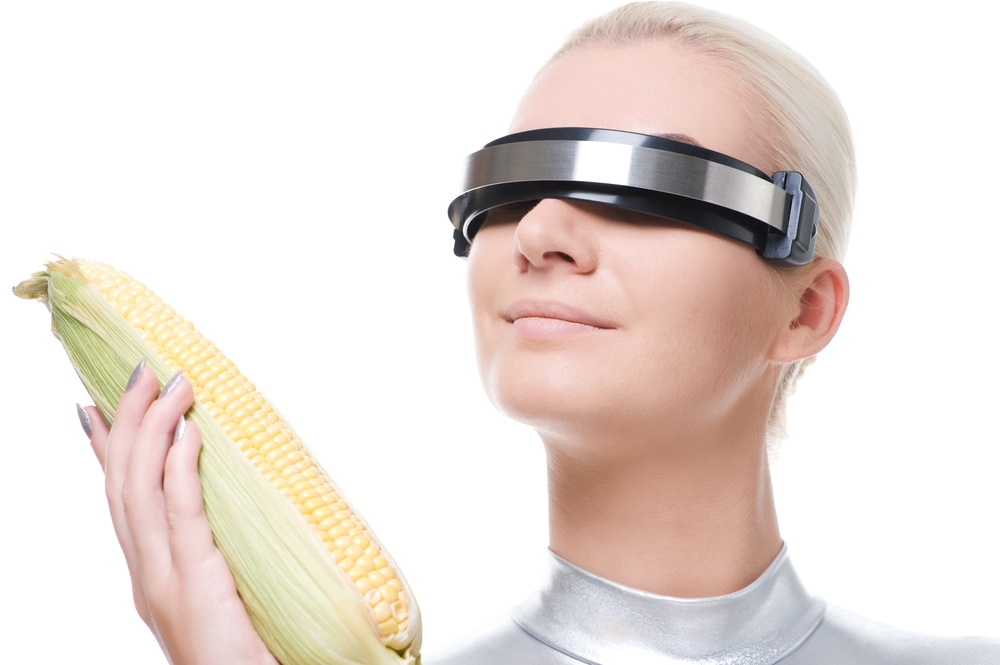When even voters in states that are squeamish about science, like California and Washington, won't agree that genetically modified food deserves warning labels, there is a strategic problem for heavily-funded detractors: they have to realize that scare tactics and invoking Monsanto and evil corporations can only buy you so much mindshare. Sometimes there has to be data and the facts aren't there, no matter how much critics insist we need to 'teach the controversy' about food.
The media have done their part to help activists create the myth of a science debate - they have propagated claims that the biology is unclear despite the fact that the science is far more settled on GM foods than it is on climate change. Media coverage in 2013 has been giving equal time to detractors, but they did the same thing with a supposed vaccine-autism 'debate' in 2003. Just like then, it is only mobilizing the demographic that doesn't accept science anyway. Voters have not been convinced that using fewer pesticides, feeding poor people and preventing blindness and death in millions of children is a bad thing, despite what activists have tried to claim.
Food is food. Fewer pesticides is a good thing. Better yield and less waste is a good thing.
A recent Rutgers survey (nationally representative Internet-based panel, +/- 3% margin of error) finds that while Americans love to read labels, they are not worried that a genetically modified version of anything is worse. That makes sense. American adults are the most scientifically literate in the world - it's the anti-GMO crowd that lacks understanding of biology and hides behind a 'right to know' claim. There are no 'organic' bananas using the new criteria they have invented for natural food.

In the 19th century, progressives wanted to use government to take us into the future. In the 21st century, progressives want to use government to send us into the past.
Despite the $29 billion organic food industry claiming the majority of the public wants labels about genetic modification on food, a scant 7 percent mentioned GM ingredients when they were asked what is important for them to read on a label. Only when a question specifically asked if GM foods should be labeled did agreement about it being very important climb to even 59%. That lends credence to the claims of critics that GM label proponents are just trying to create a market for GM labels - the tail of demonizing biology is trying to wag the science policy dog.
Proponents of warning labels say the public has a 'right to know' but the public is so accepting of GMOS they know positive things about GM foods that aren't even true. 40 percent believe that GM apples and rice are already on the market, while over 33 percent believe that GM salmon and oranges are in stores and being eaten right now.
Of course, none of those are true. GM salmon approval has been stonewalled for years and though citrus growers desperately want science to save their crops from fickle nature, it hasn't happened yet, while Greenpeace, Union of Concerned Scientists and every other left-wing activist group would rather have a planet full of blind kids than allow a vitamin-enriched bowl of rice to be consumed.
Despite well-funded initiatives designed to scare people about biology, Americans already assume the most scientifically literate country on earth has those products available in stores.
Obviously there is a political component that impacts scientific awareness regarding genetically modified foods, just like there is about global warming. In 2008, 81 percent of US counties that had a Whole Foods store voted for Senator Obama while only 36 percent of counties that had a Cracker Barrel did. And earlier this year 52 Congressional Democrats tried to force federal warning labels about GMO food into existence, so scary stories about food are clearly a left-wing thing. But political confirmation bias doesn't tell the whole story, since California and Washington are both progressive states, left of liberal, and even they haven't bought into the myth that genetically modified foods are bad.
If only 7% really care about GM labels on food despite detractors having spent a fortune trying to scare people, it's clear that giving equal time to both sides is creating false balance, just like vaccines and autism instances were.
There's no GMO debate, every reputable scientific body knows they are safe.





Comments